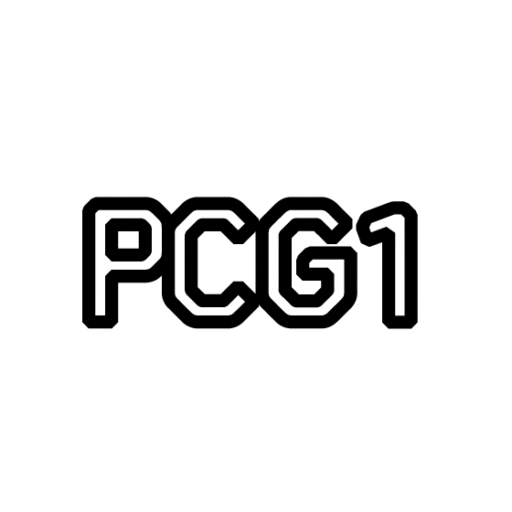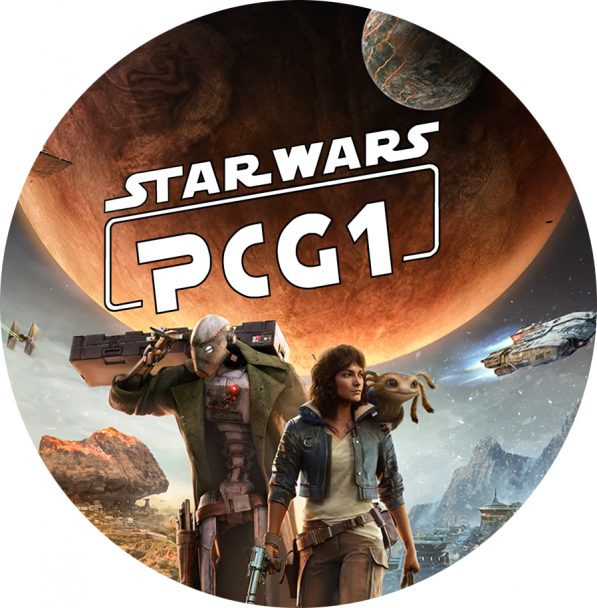Based on the two-and-half hours spent playing some late-game missions, Assassin’s Creed Odyssey seems to be improving upon all the changes that Assassin’s Creed Origins introduced to the tenured franchise. By better implementing player choice across every aspect of the game, whether it’s in the skills you equip in combat or by the dialogue choices you use to respond to the game’s hundreds of NPCs, Ubisoft is making it easier for you to put a little bit of yourself into every decision.
Ubisoft Quebec (Assassin’s Creed Syndicate) is leading the charge for Odyssey. Interestingly enough, the studio shared in Ubisoft Montreal’s ambitions to turn Assassin’s Creed into an RPG before even knowing that’s where they wanted to go with Origins. Though the team has had the desire to work on an Assassin’s Creed RPG, it’s been an endeavor that’s challenged them for the better part of the last three years.
At a recent Gamescom event, we had the opportunity to chat with Odyssey creative director Jonathan Dumont. We discussed at length Ubisoft Quebec’s philosophy behind its approach to story and combat, as well as Dumont’s thoughts on why Assassin’s Creed works as an RPG, why Odyssey takes place so far in the past, and what the now decade-old franchise means to him as a creator.
GameSpot: When Origins was first unveiled, one of the biggest changes was combat. What sort of influences did you bring to Odyssey when it came to improving that area?
Dumont: Yeah, it’s interesting because I don’t know if we have something that we looked at necessarily. We did want you to feel like you’re more capable of overpowering enemies. As you grow the strength of Leonidas’ spear [your protagonist’s weapon and a first civ artifact], you want it to become stronger and stronger. You have base combat and then everything we put on top is to facilitate getting the upper hand over other NPCs. We also wanted that to be a player choice, so we tried to have freedom at the core of everything that we’ve added. But in this case, creating your playstyle, creating your class, we were thinking about [it] as, “How cool would it be to mix and match skills?” We wanted to allow players to say, “I want to do these four things in the game and that’s it. And that’s the way I want to play the game!”


















We were looking at it more from a customization perspective instead of trying to enforce a certain way to play the game or unlock things in a certain order. Invest the points where you want them but map them like you want them and create your own playstyle. Because Assassin’s Creed has been around over 10 years now, and we all play different. Some people just want to play stealth and others might want combat, so we want to make sure that your playstyle is the right playstyle for you and that the game allows you to play that way.
Was player creativity and freedom the core design tenants this time around?
Yeah, and it goes with the story too and how you role-play the character. It goes into picking your character at the start of the game. It’s even present when you’re recruiting your ship’s crew. So how do you want to make it your own in Assassin’s Creed Odyssey? Trying to make it feel like what I do as being a reflection of me and that the game offers more choices to do so was important for us in our push to make Assassin’s Creed a full RPG.
What fueled the decision for the main character to have a weapon that’s essentially a piece of Eden?
So, I played all the Assassin’s Creed games. In most of them, you end up fighting a boss that has a piece of Eden, and I have always been intrigued by that. Why can’t we see that from the start of the game? If you’re going to implement that into a game set in the 1500s, it would be tough to introduce, but if you’re going back 2,500 years and, in a setting, where it’s [more] tied closely to the first civilization, it makes more sense. They’re seen as gods still, so it fits within that setting and the traditional hero of that time, which is typically someone elevated by some power or chosen by the gods.
I always wanted to see what would happen if you could manipulate [a first civ artifact] and control one throughout an entire game. It’s not usually present in our games, but with Odyssey I felt like [it’s the] right time to try something a little bit outside our typical pillars.
I heard that both the Montreal and Quebec studios logically came to the conclusion that the RPG genre is where the series should go. How did that epiphany come about for the studio? And why do you think the RPG is where Assassin’s Creed needs to go?


I think we spent a lot of time creating these huge open worlds and we wanted to give more incentives to explore it. We also prided ourselves in creating these credible worlds where you meet historical characters and dive into history, but we still wanted to explore it in a deeper fashion.
The RPG was a no-brainer for us and where we wanted to go with the series, which is funny because the Origins team felt the same way. We were looking at what they were building, and we were pretty much on board, so we took their code and decided that where we wanted to push further was the role-playing elements and combat customization. The RPG genre really opens our franchise to a much deeper and richer experience where you get involved and care more about what is going on than in the past.
Assassin’s Creed has always been a historical fiction series closely grounded in real-world timelines, but it’s intriguing to see how you’re allowing players the choice to change how the story plays out a bit. Not only that, but you’re also introducing these surreal elements fueled by mythology, like Medusa and the Minotaur. How do you balance these inclinations to introduce unearthly aspects while staying within the confines of reality?
Well there’s two parts to that. Even though we have choices, we don’t change history. Your story changes and some of the relationships you have with some characters will change, but history will follow its course and have the same conclusions you know from real life.







